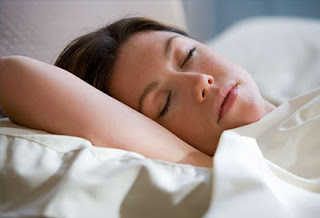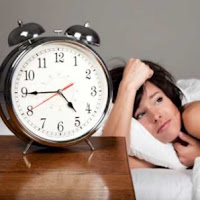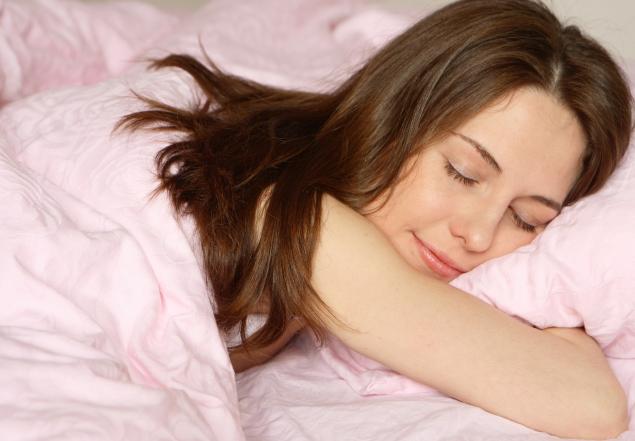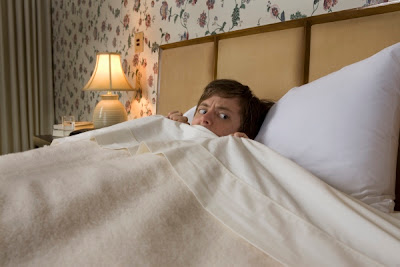At what time is best to go to bed and get up

Healthy sleep - good health and high spirits, it is known to all. But how much sleep do we need to keep pace with living a full life, what is the best time to go to bed and get up. These issues are often neglected because each day brings so much trouble that begins acutely regret that in a day just twenty-four hours. First of all, you must decide who you are - a lark or an owl. Determine it is very easy - just select the hours in which you are most active and operational. Larks most workable in the early morning, while the owls tend to sleep longer, stay up as late as possible, "wake up" only in the evening and begin to actively do things all day. Once you determine who you are, get a free week in order to highlight how much time you want to sleep. Amazingly, the limits of how much a person needs time to sleep, can range from twelve to four hours a day! It all depends on how active you are driving and, of course, on the age. Define test for weeks your required mode in...





